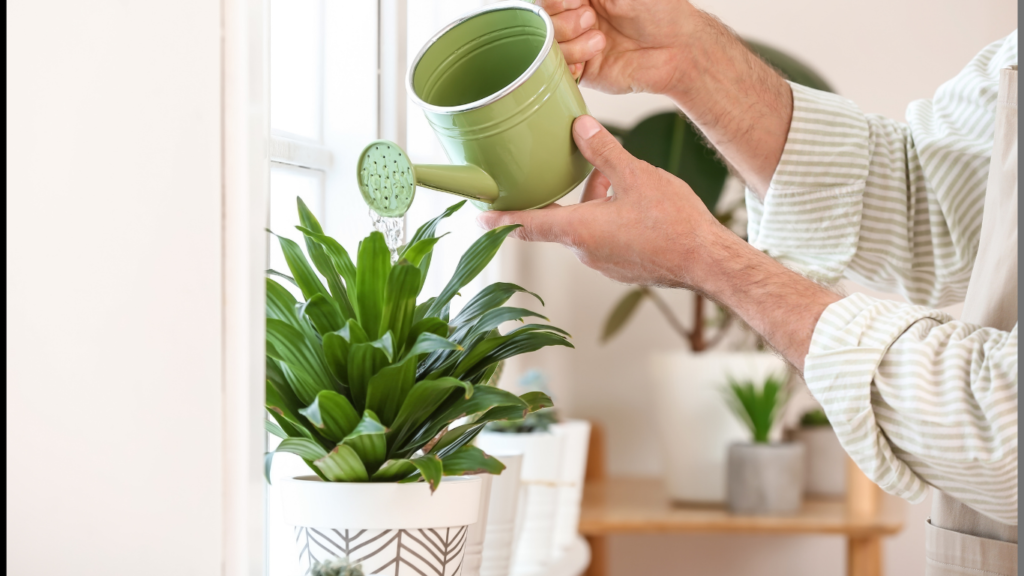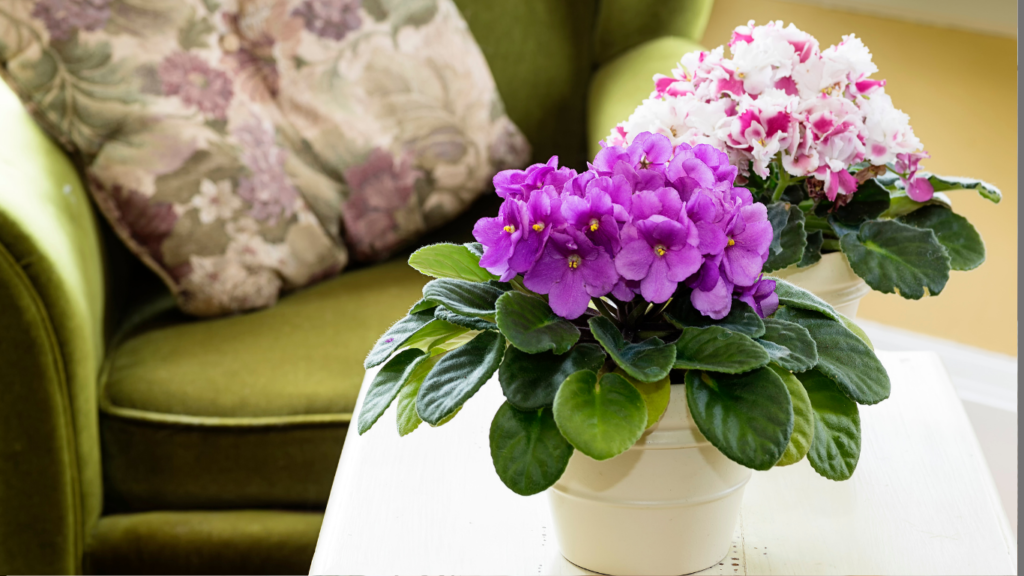How to Care for African Houseplants Year-Round (Without Losing Your Mind)

Let’s be honest — plants are like roommates. Some are chill, others act dramatic the second the light changes. African houseplants? They’re the type that won’t nag you for overwatering (unless you go full monsoon), but they do appreciate a little seasonal TLC.
In this guide, we’ll show you how to keep your African greenery alive and thriving — whether it’s blazing hot, snowing outside, or doing that weird in-between weather thing. Plus, if you’re not sure where to begin, check out our full list of African indoor plants for beginners.
Spring: The “Let’s Gooo!” Season
Spring is when your plants stretch, yawn, and wake up from their winter nap. Give them a pep talk (and maybe some water).
What to do:
- Start watering more frequently, but check soil first — don’t drown them in love.
- Add a light organic fertilizer to encourage new growth.
- Time to repot if your plant looks like it’s bursting at the seams.
- Rotate pots for even sunlight — or they’ll lean like they’ve had a long day.
Summer: The Drama Queen Months
Your African plants love heat — they’re made for it. But too much sun? Even they’ll sweat it out.
What to do:
- Hydrate, hydrate, hydrate. But again — only when the topsoil is dry.
- Keep them in bright, indirect light. Direct sun can crisp those gorgeous leaves.
- Wipe leaves gently to remove dust and let them “breathe.”
- If you’re going on vacation, get a friend to babysit — no ghosting!
Fall: The Slowdown
Your plants can sense the days getting shorter — and they start slowing their roll.
What to do:
- Cut back a bit on watering — they’re not as thirsty now.
- Skip the fertilizer. They’re not in the mood to grow fast anymore.
- Remove dead or yellowing leaves — it’s pruning season, baby.
Winter: Survival Mode Activated
This is the season when everyone (including you) just wants to cozy up and survive. Your plants? Same.
What to do:
- Water sparingly — overwatering in winter is the #1 cause of “plant-icide.”
- Keep away from cold drafts and heater blasts.
- Group plants together to create a mini humidity zone.
- If you see yellow leaves, don’t panic. It’s winter. We all look a little pale.
Year-Round Care Habits That Actually Help
- Talk to them. No, really — even if they don’t understand, you’ll feel better.
- Dust the leaves. They photosynthesize better when clean.
- Rotate regularly so they grow evenly.
- If it looks sad, try moving it. Light is everything.

Final Thoughts: Keep It Simple
African houseplants are resilient, beautiful, and not nearly as dramatic as they look. As long as you pay attention to their seasonal needs and don’t flood them with love (literally), they’ll be just fine. Possibly even flourishing.
Still deciding which plants to grow? Start here with our guide to easy African indoor plants — no green thumb required.
Year-Round Care Habits That Actually Help
- Talk to them. No, really — even if they don’t understand, you’ll feel better.
- Dust the leaves. They photosynthesize better when clean.
- Rotate regularly so they grow evenly.
- If it looks sad, try moving it. Light is everything.
FAQs: African Houseplant Care
Q1. How often should I water African houseplants?
The general rule is to water when the top inch of soil is dry. They prefer to dry out between waterings, so avoid keeping the soil constantly soggy.
Q2. Can I grow African houseplants if I don’t have a lot of natural light?
Yes! Many African houseplants, like Snake Plants and ZZ Plants, can thrive in low-light conditions. They’re pretty forgiving, but remember, they still need some indirect light to grow.
Q3. Should I fertilize my African plants year-round?
No, you should only fertilize during the growing season (spring and summer). In fall and winter, reduce feeding since your plants aren’t actively growing.
Q4. What should I do if my African houseplant is getting yellow leaves?
Yellowing leaves can be a sign of overwatering, insufficient light, or a change in temperature. Check the plant’s care needs and adjust accordingly. Don’t panic — a little TLC should fix it.
Q5. Do African plants need special care during the winter months?
Yes, during winter, you should water less frequently and keep them away from cold drafts and direct heat sources. You might also want to increase humidity if your indoor air is dry.
Personal Touch: A Tale from Spain
When I first moved to Spain, I wasn’t sure how my African houseplants would handle the change in climate. I was in a tiny apartment, and let’s just say, the heating system wasn’t exactly plant-friendly. But, surprisingly, my Aloe Vera thrived, and the Snake Plant didn’t bat an eye at the low light — they just did their thing like they’d been in Spain all along.
The best part? I didn’t have to overthink it. As long as I watered them when needed and rotated them for the best light, they were happy. I even found myself talking to them as I watered, and it became a daily ritual — they were like my little companions in a foreign place. It’s crazy how a bit of greenery can make you feel more at home, no matter where you are in the world.
If you want to learn how to take care of your plants year-round without stress, check out our detailed guide on African houseplants care.
